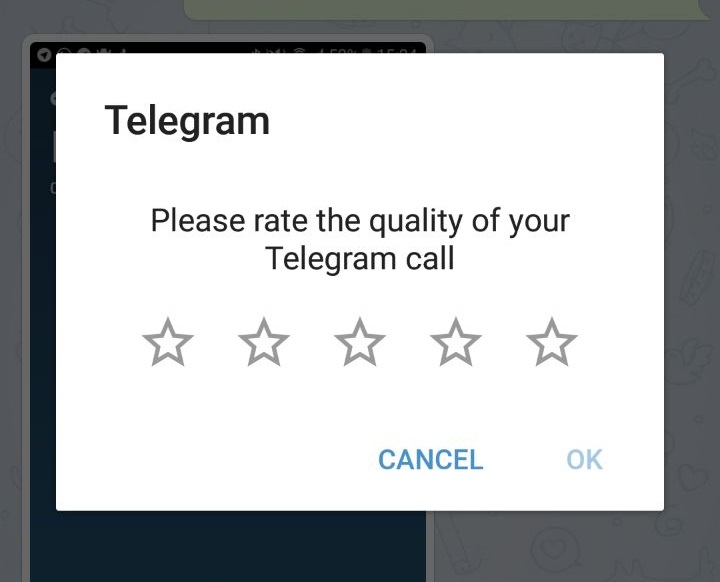Russian President Vladimir Putin has passed a law that bans technology providing access to blocked websites. This generally covers virtual private networks, or VPNs, but is worded to apply to just about anything that hides the true location of the user.
The new law is set to come into force on 1 November, giving VPN provides at least some time to respond to the change.
According to the RIA news agency, this new law is meant to block access to “unlawful content”, and not affect normal law-abiding citizens. On the surface, this refers to possible extremist related content; however, critics suspect it of being an attempt to prevent the Russian people from viewing stories critical of Putin.
The Russian President also signed into law legislation that requires phone numbers to be assigned to chat apps. This would make it easier to identify the users of those apps, reducing the amount of anonymity behind them.

Most chat apps are already linked to phone numbers, and this new law will not change much. However, it may have an impact on apps that value privacy and allow for accounts without phones numbers. Telegram in particular seems to be singled out in this respect. Especially after a disagreement about handing over private user data to the Russian government earlier this year.
Russia isn’t the only country to be clamping down on VPNs this year. China has made a similar move, although the Chinese law simply requires all VPN providers to register with the government. And perhaps tow the party line if asked to do so.
[Source: Reuters]


